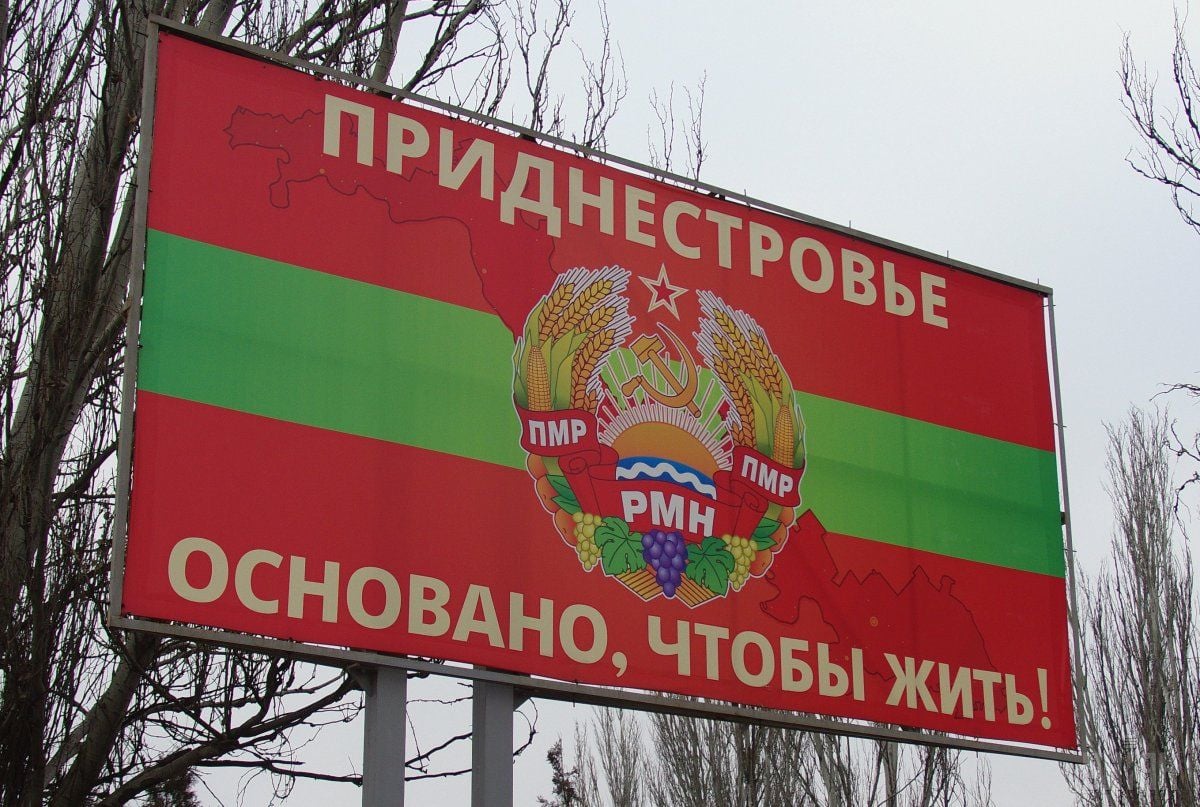
"There is no future for Moldova without Transnistria and vice versa. When someone from the left bank [of the River Dniester] says: 'We'll never be together,' I ask then: 'Do you want to be part of Ukraine?' Dear residents of Transnistria, you'll have to choose. There is no independence ahead. Nor will there be status as a federal subject of Russia. Being part of one single state is the only option," Dodon said.
"In the past 25 years, about $15 billion has been invested in the Transnistrian economy. The right bank [Moldova] has never received so much money. Moreover, a second Dubai could have been built with that money in the area with 300,000 – 400,000 residents. Therein lies the problem. There are forces that don't want our rapprochement," the Moldovan president stressed.
Read alsoUkraine to allow cargo transit to unrecognized Transnistria only upon agreement with MoldovaHe also said that the self-proclaimed Republic of Transnistria's debt for gas is $7 billion – the region has never paid its gas bills. Dodon said he was surprised that goods produced by Transnistria remain to be uncompetitive with such low prices of gas.
As UNIAN reported, the Constitutional Court of Moldova on May 2 declared unconstitutional the presence of Russian military forces in territory of the republic's Transnistrian region.
UNIAN memo. Transnistria and also called Transdniester, Trans-Dniestr, Transdniestria, or Pridnestrovie, is a landlocked self-proclaimed state entity situated between the River Dniester and the border with Ukraine. After the breakup of the USSR, tensions between Moldova and the breakaway Transnistrian territory escalated into a military conflict in March 1992. A ceasefire was agreed in July 1992. The 1992 Moscow ceasefire agreement, signed by the presidents of Moldova and Russia, established a Russian peacekeeper presence in Transnistria. As part of that agreement, a three-party (Russia, Moldova, Transnistria) Joint Control Commission supervises the security arrangements in the demilitarized zone, comprising twenty localities on both sides of the river.
The region is considered by the UN to be part of Moldova. It was recognized only by three other non-United Nations (UN) states: Abkhazia, Nagorno-Karabakh and South Ossetia.

